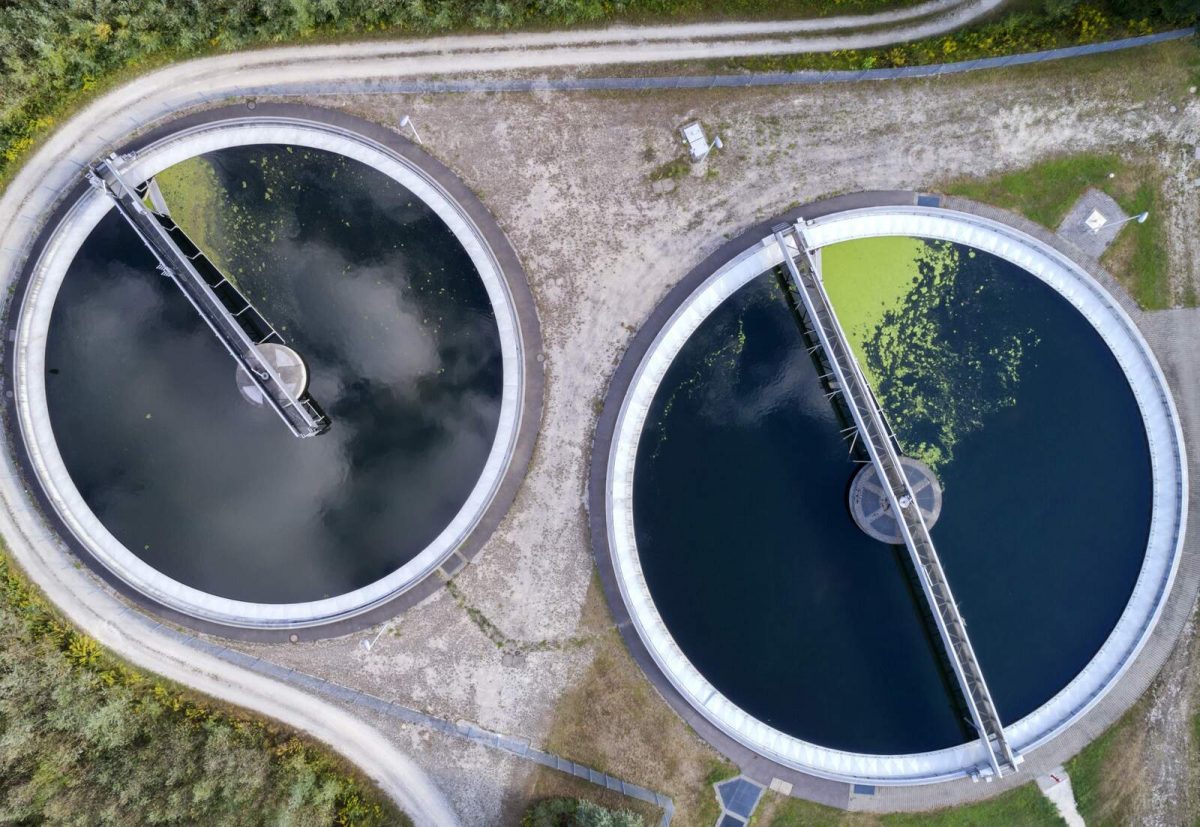Residues from fossil energy production will be used as a source of raw materials for the energy transition.
The US Department of Energy wants to support the treatment of wastewater and the simultaneous recovery of critical raw materials from it. A total of four research and development projects are to benefit from the funding of ten million dollars. The focus is on industrial wastewater that is generated during the production and use of fossil fuels such as crude oil, natural gas and coal.
The funding is intended to develop methods to process these residues for new applications such as the production of hydrogen or the irrigation of non-edible plants. These could include cotton or ornamental plants, for example. Recycling seems all the more important in view of the growing industrial demand for water as a resource; according to the press release, groundwater resources are being depleted due to droughts, particularly in the drier regions of the country, and global warming is exacerbating this trend.
The wastewater is also set to become a new domestic source of raw materials and contribute to achieving US climate targets, as it contains critical minerals such as rare earths, which are essential for green energy technologies. So far, this type of recycling has not been practiced on a large scale. Many projects are in the development phase. In Germany, for example, researchers led by the Fraunhofer Institute for Interfacial Engineering and Biotechnology IGB are testing how existing wastewater treatment plants can be expanded to include the function of raw material recovery.
However, research institutes proved years ago that wastewater contains valuable raw material residues (we reported). In view of the growing demand and limited availability of minerals such as rare earths, these alternative sources of raw materials could become increasingly important in the future.
Photo: iStock/Bim


